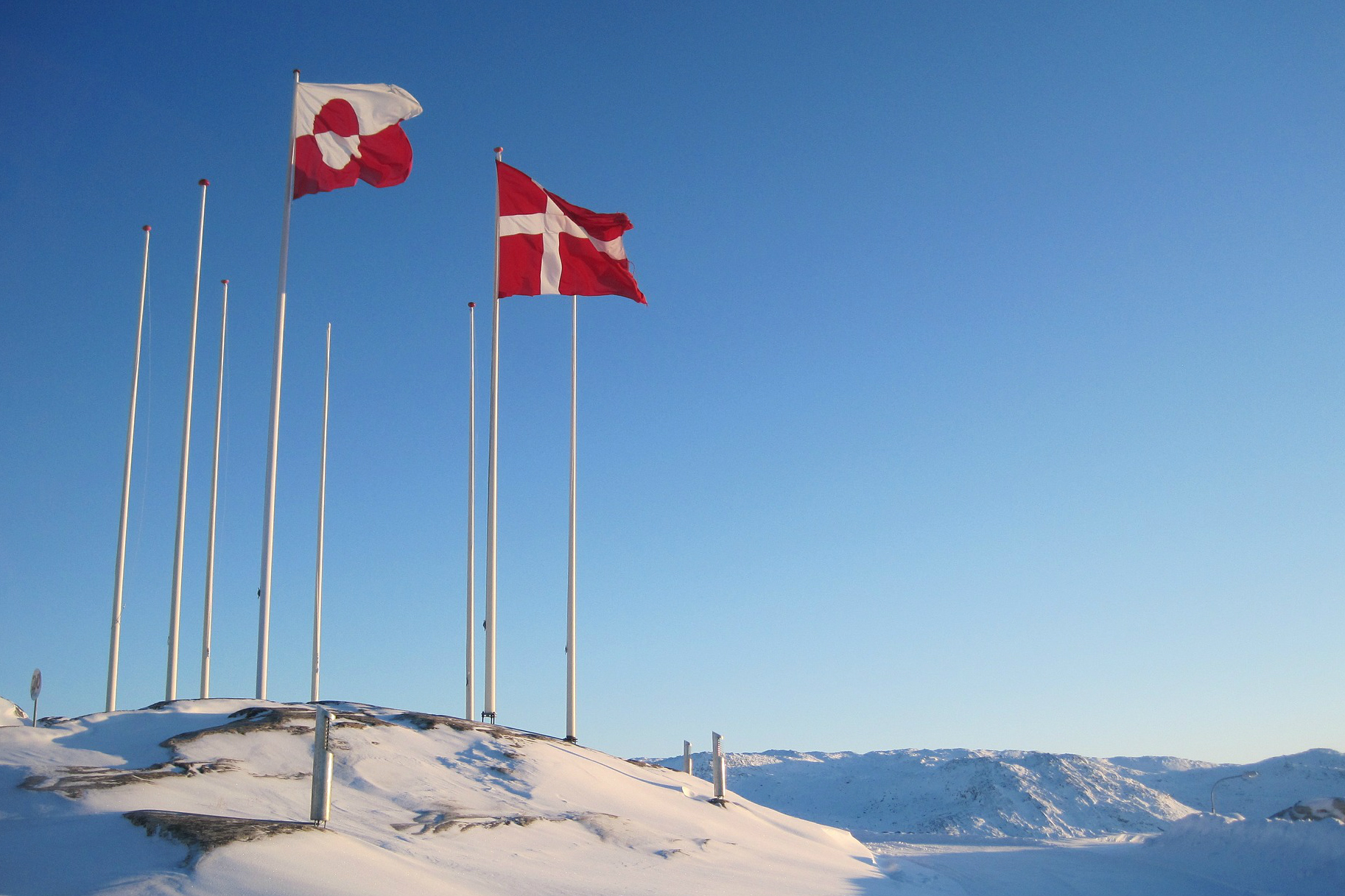Is it time for Greenland to have its own Arctic strategy?
Poland and Italy have them. So do Japan and Korea. Even the Faroe Islands has an Arctic strategy.
Greenland, though, does not.
But, as the country’s interests in the region gradually diverge from those of Denmark, the need to draw one up is becoming increasingly pressing, according the country’s decision makers.
[A new supermajority coalition will govern Greenland]
“It’s a matter of making clear where we’re headed as a country,” says Aaja Chemnitz Larsen, one of two Greenlandic representatives in the Folketing, Denmark’s national assembly. “With more international focus on the Arctic internationally, it has become important to define Greenland’s interests.”

The topics Larsen sees being addressed in a Greenlandic Arctic strategy include things like research, business development, investment and other administrative areas that have been devolved to Nuuk from Copenhagen.
One example of what can happen when Greenland doesn’t make it clear that it might have its own interests in a given area is Denmark’s Arctic-research strategy, announced on Nov. 1.
The first problem with the strategy, Larsen points out, is that Nuuk has responsibility for Greenlandic education and research policies.
“Whether we agree with its content or not, it would have made more sense for Greenland to have released the strategy,” she says.
[Denmark’s ambitious Arctic research strategy is light on funding]
Secondly, the goal of the plan was rather unfortunately expressed in a statement made to the Folketing on Oct. 14 by Kristian Jensen, the foreign minister. In his view, it will “strengthen Denmark’s, and indirectly the Kingdom of Denmark’s, research and education in and about the Arctic.”
Such statements chafe. Critics say it reflects the view that a policy that is good for Denmark is good for Greenland. In the Arctic, they argue, the goal should be to strengthen Greenland.
Keeping on top of what Nuuk is responsible for is something people outside Greenland need to keep a constant eye on. The country’s lawmakers can tell Copenhagen to devolve responsibility for a particular administrative area at any time, provided there is money in the budget for it. The newly seated cabinet has made one of its goals to continue this process.
[Independence and stability are top priorities for Greenland’s new government]
Domestically, once an area is devolved, issues related to it become internal Greenlandic matters. Internationally, the matter is less clear cut: In some instances they are a matter for Nuuk (Greenland, for example, can make international agreements in areas where power has been devolved to it), yet in other instances they are not (in the Arctic Council, Copenhagen speaks on Greenland’s behalf, even if the organization takes up areas administered by Nuuk).
This is confusing for outsiders. For Greenlanders Larsen admits, it is deflating: “It’s important for us to be able to represent ourselves, but we can’t always do that.”
An Arctic strategy would do little to alter this right away, but, Larsen repeats, it could help make it clear that Nuuk has aims and that Copenhagen has aims. Sometimes they will not align, but, when they do, the Danish strategy, she says, will benefit from being able to incorporate the Greenlandic point of view.
[Alaska Senate passes bill establishing an official state Arctic policy]
Collaboration, she underscores, is generally not a problem. Greenland and Denmark have a number of common interests in the region. Others note that the collaboration between officials works well: For example, Greenland was consulted in the creation of creating the Kingdom of Denmark’s Arctic strategy. Larsen expects Greenland will be included in its mid-term review.
“But there are also questions we want to respond to on our own,” she says. “And these are questions we need to start talking about now if we want to be able play a role internationally later.”